Solar Spells
Beginning of Spring
On the Chinese lunar calendar, a year is divided into 24 solar terms. The “Beginning of Spring” (立春) falls on February 3 this year. Lifting the curtain of spring, it ushers in a period when everything outside turns green and is full of vigor. The weather starts to become warmer. Spring starts on this day and ends with the seventh solar term, the “Beginning of Summer.”
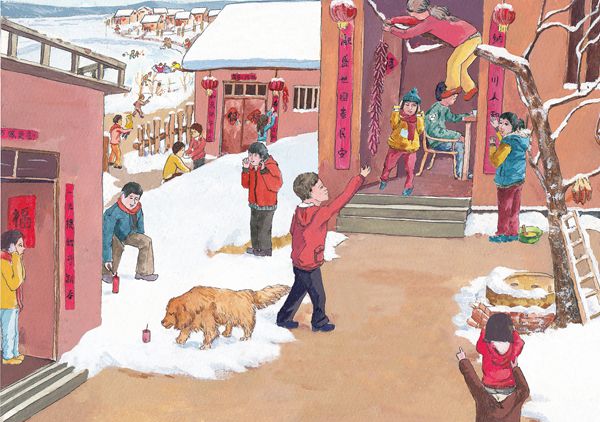
This solar term entered people’s lives as early as the Spring and Autumn Period (770-476 BC). For the last 3,000 years, holding special ceremonies on the day of the “Beginning of Spring” to welcome spring into the fields has been an important cultural activity. Both the nobility and commoners made sacrifices to Gou Mang, the god of spring and agriculture, to ensure good weather for the crops.
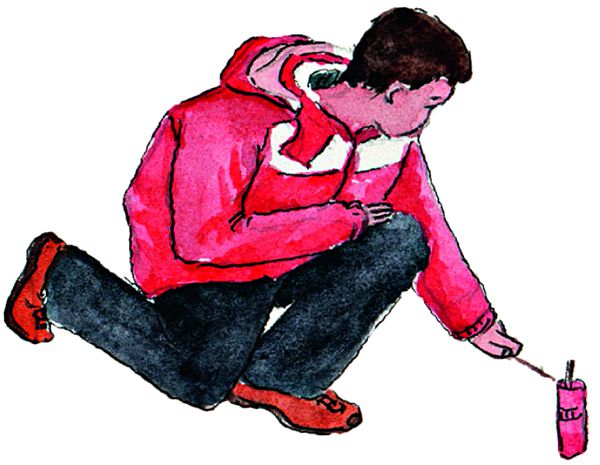
The Spring Festival always happens close to the “Beginning of Spring.” As the most important Chinese festival, it’s a time for family reunion. Everyone who studies or works away from home, such as college students and migrant workers, joins the annual Spring Festival travel rush in order to get a plane, train or bus ticket back to their hometown and celebrate the festival with their family and friends. In every household, people paste Spring Festival couplets and paintings on their doors to pray for good luck in the New Year.
Chinese farmers value spring the most of all the four seasons as they believe the whole year’s work depends on getting a good start in spring. As the warmth of spring gradually seeps into rocks, rivers and soil, the bodies of hibernating animals are warmed too in preparation for their awakening. The land is a sleeping beauty. In the chilly air of very early spring, most plants keep their flowers under wraps, but winter jasmine stands up against the cold and blooms. From dark corners its yellow flowers peep out, shining with vitality.
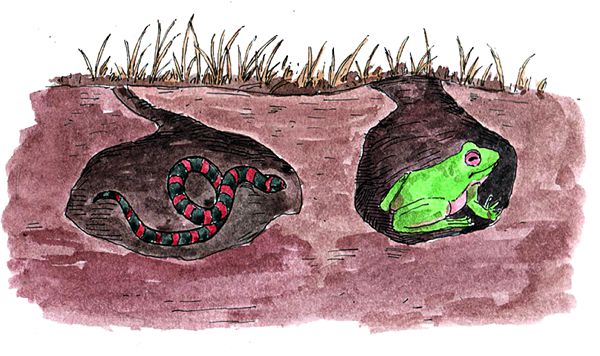
Any mention of the “Beginning of Spring” makes Chinese people think of special springtime activities. In many parts of China, people observe the custom of “biting the spring” on the day of the “Beginning of Spring.” They eat spring pancakes, spring rolls or a few mouthfuls of carrot to get a taste of the coming spring.
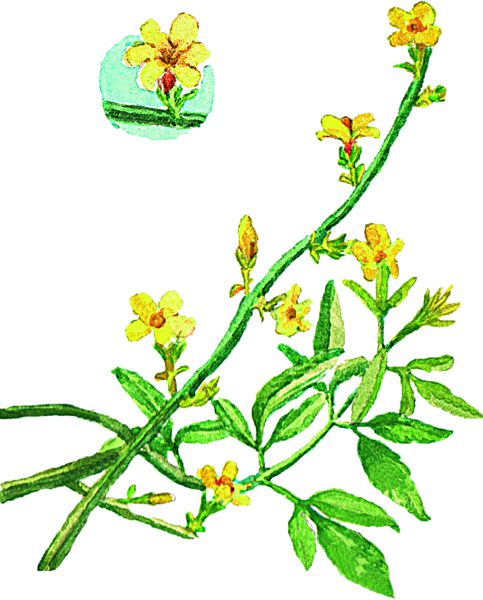
Spring is also the best season for kite-flying, which has been a traditional folk activity for over 2,000 years. It also has the added health benefits of boosting blood circulation and speeding up the metabolism. Traditional Chinse medicine believes that a breath of fresh air blows away the musty smell developed over winter. In some parts of China, people wear colorful silk badges depicting swallows on their coats, as the swallow is a herald of spring and a symbol of prosperity and happiness.
Rain Water
The day of “Rain Water” (雨水) falls on February 18 this year. As its name suggests, after the day of Rain Water, February showers bring relief to the parched land. In most places across China, chilliness gradually disperses, snow is rarely seen and it starts to rain, creating favorable conditions for overwintering crops to awaken. Farmers seize this auspicious moment to prepare the ground for ploughing and the application of fertilizers.
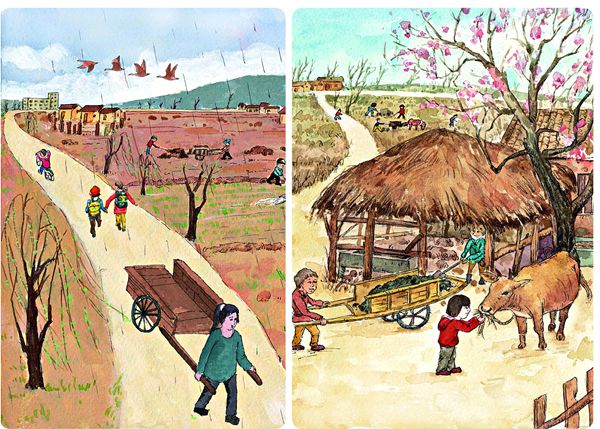
If the “Beginning of Spring” is the prelude to springtime when there’s still a slight wintery chill in the air, then “Rain Water” is in spring itself. During this solar term, spring makes great strides towards us with rising temperatures, thawing rivers, the awakening of hibernating animals and the return of migratory birds.
At this time, the average temperature in the middle and lower reaches of the Yellow River basin – the cradle of Chinese civilization – is usually above zero. Ancient people named this solar term after the first spring rain because wheat seedlings demand a lot of water. It is a common saying in China that rainwater in springtime is as precious as cooking oil.
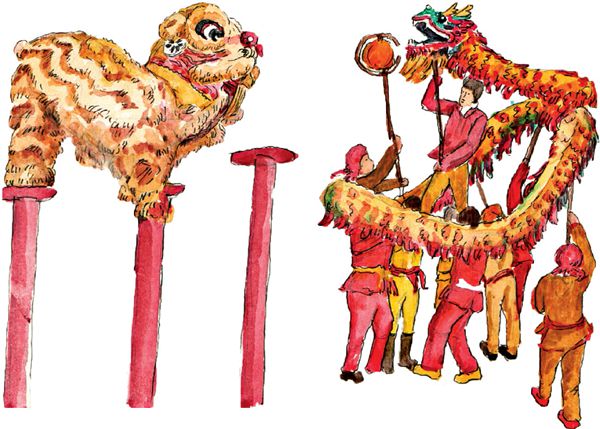
In some places in China, married daughters need to pay a visit to their parents on “Rain Water” day and give them gifts of red silk and stewed porridge.
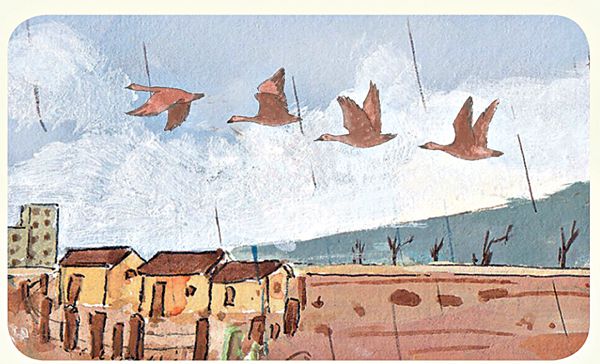
The Lantern Festival, roughly two weeks after the Spring Festival, always comes slightly before or after Rain Water day. People celebrate this festival by watching the full moon, guessing the answers to riddles written on lanterns and eating tangyuan (glutinous rice dumplings) with their families. After this festival, the Chinese New Year period comes to an end, with the beginning of a brand new year and a new school semester.
Also worth noting is that after the “Rain Water” day, pockets of cold air continue to move over northern China, making the weather very changeable. Traditional Chinese medicine advises people to make sure they stay warm in spring, despite rising temperatures. They should keep wearing their warm winter clothes in early spring, because unpredictable weather can easily affect the body and even cause emotional instability and poor mental health. However, many young people disregard this advice, especially girls who cannot wait to wear summer skirts and dresses again, leaving it to the elderly to keep to the tradition of swaddling themselves in warm clothes.
(Compiled by China Today based on The Twenty-Four Solar Terms Published by Dolphin Books)
